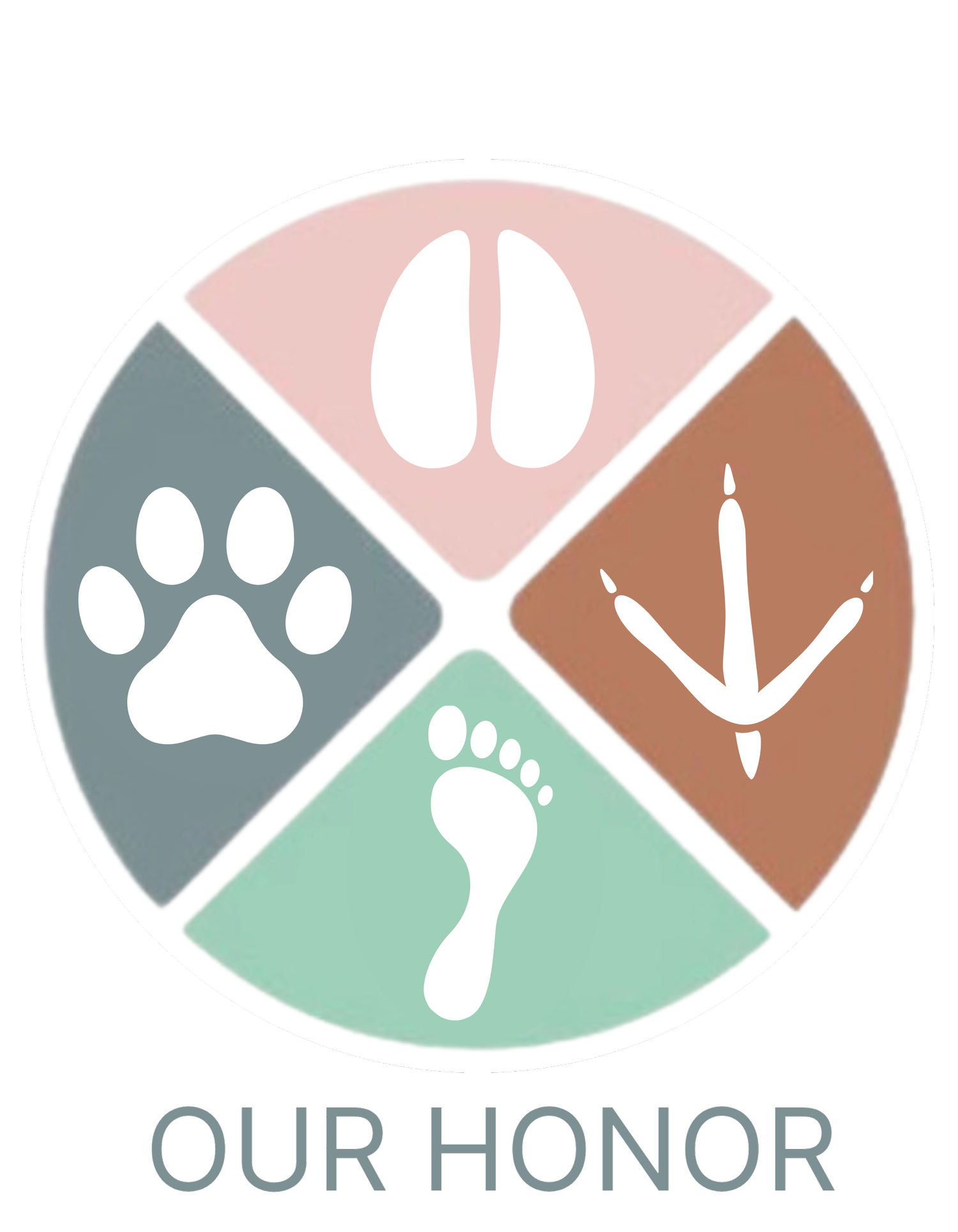Guide to Conscientious Objection
What is Conscientious Objection?
Conscientious Objection (CO) is the refusal to perform a required role or responsibility on the grounds that it conflicts with one’s deeply held morals and ethical beliefs. The term was originally used to describe an individual who refused to perform military service, citing freedom of thought, conscience, and/or religion.
However, the role of CO transcends a military context and has implications in the medical field. A few examples of CO in the veterinary profession can be:
Refusal to perform terminal surgeries in veterinary school
Refusal to perform cosmetic procedures such as declawing and tail docking in your practice if they don’t serve any health benefits to your non-human patient.
Refusing to perform mass euthanasia of animals who are deemed “excess stockpile” in the livestock industry
How can you be a Conscientious Objector at your University?
Our Honor aspires to offer a safe space for veterinary professionals and students seeking support and resources to create positive change. If you are ready to mobilize and take action, below are Veterinarian, and Animal Advocate Dr. Gwendy Reyes-Illg’s suggestions for Conscientious Objection. Reach out to us, tell us your story, we’ve got your back, you’re not alone!
Be Inspired by Stories of Conscientious Objection
Dr. Stephanie Fraissl
Despite being reprimanded by faculty, mocked by classmates, threatened with expulsion, and receiving a failing grade on her clinical rotation, Stephanie Fraissl remained unwavering in her ethical values and refused to perform terminal surgeries on a kind, helpless bull named Fred. She encourages current and future veterinarians to stay true to their values and not compromise on their integrity. Learn more about Dr. Fraissl’s story here.
Dr. Ernie Ward
There was no way that a compassionate veterinarian like Dr. Ernie Ward, was going to kill a bird patient, who was being used by students for learning surgery. He rescued the bird, who was named Harvey Wallbanger. Dr. Ward has dedicated his entire career advocating for improvements in veterinary medicine as an author, podcaster, television personality, and speaker.
Dr. Ingrid Taylor
In veterinary school, Dr. Ingrid Taylor refused to kill ponies used to teach clinical procedures in a terminal lab. She and a fellow student worked together to find happy, adoptive homes for the ponies where they could spend the rest of their lives as valued companions.
Dr. Andrew Knight
Dr. Andrew Knight refused to kill animals as part of his training in veterinary school and helped Australia's veterinary schools transition toward humane alternatives. He has since, spent his career advocating for animals and is currently a Professor of Animal Welfare and Ethics and Founding Director of the University of Winchester Centre for Animal Welfare, and Adjunct Professor in the School of Environment and Science at Griffith University, Queensland.
Dr. Sherstin Rosenberg
An aspiring veterinarian, former UC Davis veterinary student, Dr. Sherstin Rosenberg, refused to participate in terminal surgeries, where healthy animals are killed after student surgical training. Instead, she offered to fail the class to save the life of Becky, a dog who was slated to needlessly die for the students’ education. Thanks to courageous students like her, UC Davis has now changed their policies and no longer mandates terminal surgeries in its veterinary program.
Links to resources:
List of Ethical Alternatives in Veterinary Education
Learning Without Killing: A Guide to Conscientious Objection
Check out “Steps to Follow” on page 55
Conscientious Objection to Harmful Animal Use within Veterinary and Other Biomedical Education






